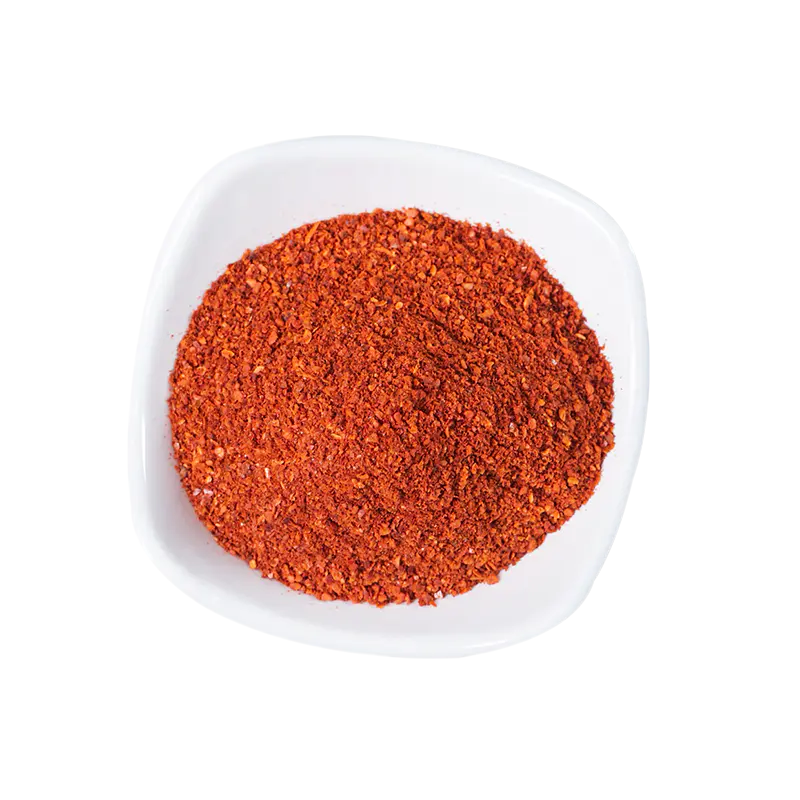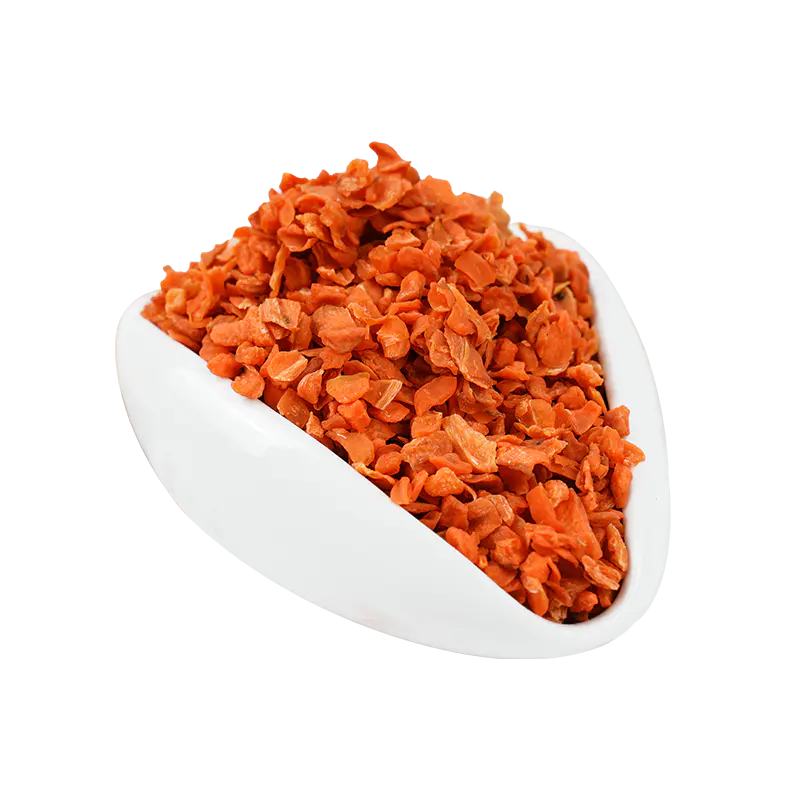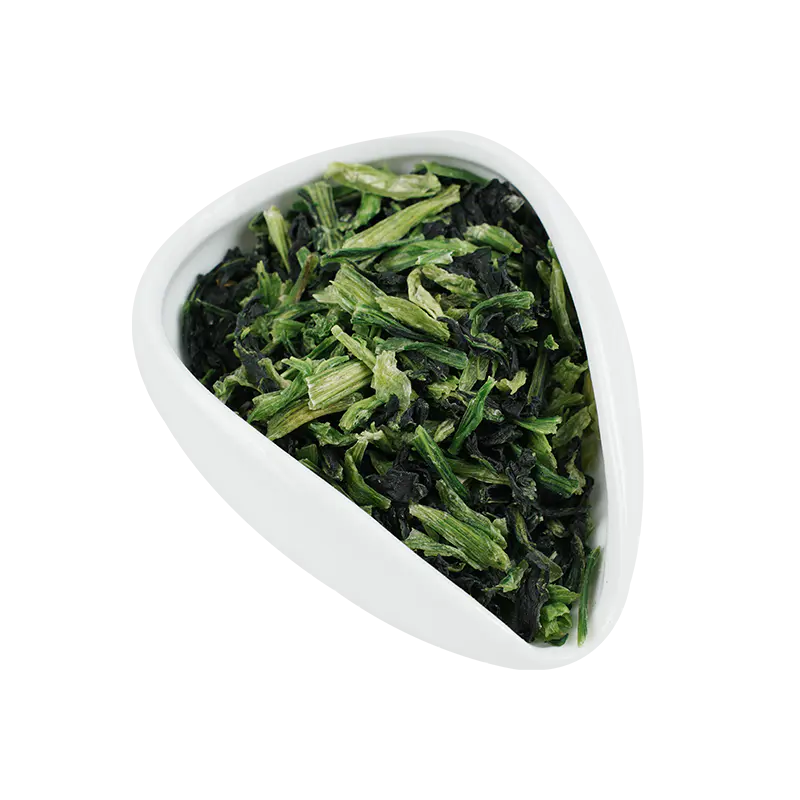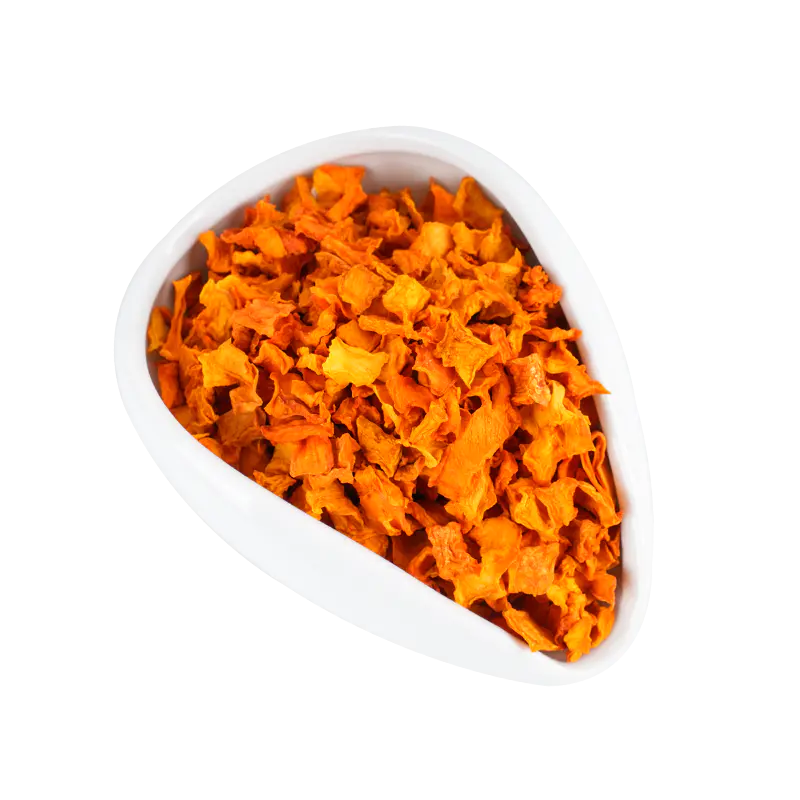The global functional food market has expanded rapidly over the past decade, driven by consumer interest in nutrition, wellness, and convenience. Increasingly, people are looking for foods and beverages that not only provide calories but also deliver added health benefits such as enhanced immunity, digestive support, and better energy regulation. Among the wide range of ingredients used in this industry, vegetable powder has gained particular attention. It has proven to be a versatile, nutrient-dense, and convenient component that enhances the value of meal replacements, smoothies, and dietary supplements.
Nutritional Concentration and Bioactive Compounds
One of the most significant advantages of vegetable powder is its ability to deliver concentrated nutrients. Fresh vegetables contain essential vitamins, minerals, dietary fiber, and bioactive compounds such as carotenoids, polyphenols, and flavonoids. However, the bulk and perishability of raw vegetables limit their direct use in many processed functional food products.
Through processing methods such as freeze-drying, spray-drying, or air-drying, vegetables are transformed into powder while retaining much of their nutritional profile. For example, spinach powder provides iron, magnesium, and vitamin K, while beetroot powder is rich in nitrates and antioxidants. These powders allow manufacturers to incorporate meaningful quantities of vegetables into small serving sizes of powders, capsules, or ready-to-drink beverages. Consumers benefit by gaining access to key nutrients in convenient formats that align with their busy lifestyles.
Additionally, vegetable powders offer phytonutrients in their natural food matrix rather than in isolated or synthetic form. This can improve bioavailability and consumer trust, since many health-conscious buyers prefer nutrients that originate from whole foods rather than laboratory-derived ingredients.

Role in Meal Replacements
Meal replacements have become a popular segment within functional foods, catering to individuals who need convenient, nutrient-balanced alternatives to traditional meals. Vegetable powders enhance these products in several important ways.
First, they improve the nutritional completeness of meal replacements. Protein and carbohydrate bases are often fortified with vitamins and minerals, but without vegetables, these products may lack fiber and certain phytonutrients. Vegetable powders supply insoluble and soluble fibers that support digestion, regulate blood sugar, and promote satiety, making the meal replacement more effective for weight management or controlled diets.
Second, vegetable powders contribute natural flavors and colors. Carrot powder adds a mild sweetness and orange hue, spinach powder provides a green tint, and beetroot powder brings a vibrant red tone. These natural contributions help reduce the need for synthetic additives, aligning with clean-label product development.
Third, vegetable powders support targeted health claims. For example, including kale powder can justify marketing a product as a source of antioxidants, while broccoli powder may emphasize glucosinolate content for metabolic health. This ability to design functional claims around vegetable-derived nutrients makes powders valuable tools for product differentiation in a competitive market.
Role in Smoothies and Beverage Mixes
Smoothies are another area where vegetable powders play a transformative role. Consumers increasingly associate smoothies with health, vitality, and freshness, and the addition of vegetable powder strengthens these associations.
From a nutritional standpoint, vegetable powders enrich smoothies with micronutrients and fiber, complementing fruit ingredients that are often high in natural sugars. This balance creates a more complete nutritional profile that appeals to health-conscious buyers. For example, adding spinach or kale powder to a fruit smoothie increases its vitamin A and vitamin C content without compromising flavor.
From a sensory perspective, vegetable powders also contribute to color and mouthfeel. Bright green powders create visually attractive drinks, while root vegetable powders such as carrot or beetroot add subtle earthy notes that consumers perceive as natural. Consistency is another benefit, as powders ensure standardized flavor and nutrient delivery, unlike fresh produce, which can vary seasonally.
For manufacturers, vegetable powders also improve processing and shelf stability. Unlike fresh vegetables, which may spoil or cause microbial issues, powders are lightweight, stable, and easy to blend with other powdered ingredients such as protein isolates or superfood extracts. This makes them highly suitable for both ready-to-drink smoothies and powdered smoothie mixes sold in sachets or tubs.
Role in Dietary Supplements
Vegetable powders are also widely used in supplements, particularly in capsule, tablet, and powdered drink formats. The supplement industry relies on conce
Convenience and Shelf Stability
Convenience is one of the most important factors driving the popularity of functional foods. Vegetable powders contribute to this convenience by offering long shelf life, easy transport, and simple preparation.
Unlike fresh vegetables, which require refrigeration, washing, peeling, and cooking, vegetable powders can be stored at room temperature and incorporated instantly into foods and drinks. For consumers with busy lifestyles, this reduces barriers to vegetable consumption and encourages regular intake of essential nutrients.
From a manufacturing perspective, vegetable powders simplify logistics and formulation. Their lightweight nature reduces shipping costs, and their stability makes them suitable for global distribution without extensive cold-chain infrastructure. This scalability supports the functional food industry’s expansion into new markets.
Clean Label and Consumer Trends
Consumer preferences are shifting toward transparency, natural ingredients, and plant-based nutrition. Vegetable powders align closely with these trends, offering recognizable ingredients that resonate with clean-label demands.
Many buyers scrutinize ingredient lists for artificial additives, synthetic colors, or chemical preservatives. Vegetable powders provide natural solutions: beetroot powder can replace artificial red dyes, spinach powder can deliver green coloration, and carrot powder can enhance yellow or orange tones. These substitutions not only improve labeling transparency but also strengthen consumer trust in a brand.
Moreover, the rise of plant-based diets has increased the demand for vegetable-derived ingredients. As more consumers adopt vegetarian, vegan, or flexitarian lifestyles, vegetable powders provide a reliable way to fortify functional foods with plant-based nutrition. This positions them as essential building blocks for future product innovation.
Contribution to Sustainability
Beyond nutrition and convenience, vegetable powders also support sustainability goals. Food waste is a major challenge in modern agriculture and food processing. Converting surplus or imperfect vegetables into powders helps reduce waste and extend the usability of raw materials.
This process not only adds value to crops that might otherwise be discarded but also supports circular economy practices in the food industry. By preserving the nutritional integrity of vegetables in a stable form, powders ensure that fewer resources are wasted across the supply chain.
Additionally, lightweight powders reduce transport emissions compared to bulky fresh produce, further lowering the environmental footprint of functional food production. This sustainability aspect enhances their appeal to eco-conscious consumers and brands.
Future Outlook
As functional foods continue to grow in popularity, the role of vegetable powders is expected to expand. Innovations in drying technology may further improve nutrient retention, flavor preservation, and solubility, making powders even more versatile. Blended vegetable powders, combining multiple plant sources, will likely become more common in products that emphasize comprehensive health benefits.
Personalized nutrition, another growing trend, may also influence the market. Vegetable powders can be tailored into custom blends that address specific needs such as immunity, energy, or digestive health. Combined with digital health platforms, these powders could form the basis of individualized dietary solutions.
Conclusion
Vegetable powder has established itself as a valuable ingredient in the functional food industry, particularly in meal replacements, smoothies, and dietary supplements. It contributes concentrated nutrients, dietary fiber, and bioactive compounds while offering convenience, shelf stability, and sustainability benefits. At the same time, it aligns with clean-label and plant-based consumer trends, supporting both health outcomes and market appeal.
As consumers increasingly seek convenient yet nutrient-rich foods, vegetable powders will continue to shape the future of functional products. By bridging the gap between fresh vegetable nutrition and modern lifestyle needs, they represent a powerful solution for both industry innovation and everyday wellness.

 English
English 中文简体
中文简体





 Xinqian Village (Dehydrated Fruit and Vegetable Industrial Park), Duotian Street, Xinghua City, Taizhou City, Jiangsu Province, China
Xinqian Village (Dehydrated Fruit and Vegetable Industrial Park), Duotian Street, Xinghua City, Taizhou City, Jiangsu Province, China +86-13852647168
+86-13852647168
